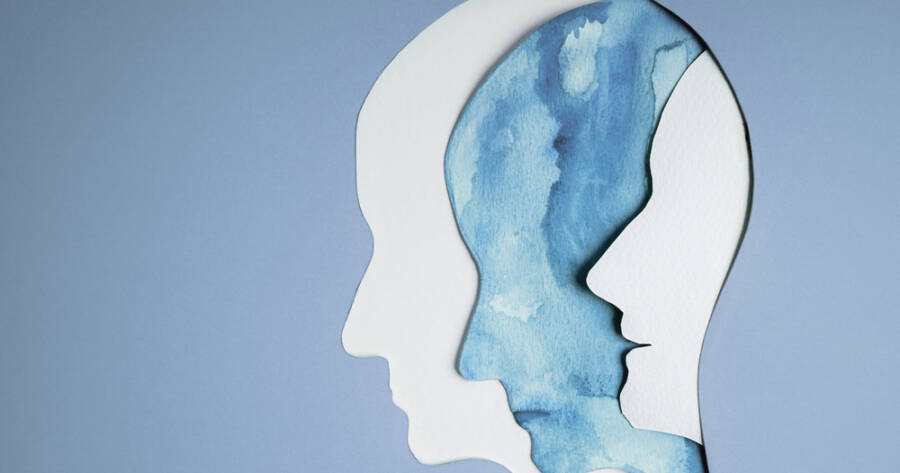Bipolar disorder is a mental health condition characterized by extreme shifts in mood, energy, and activity levels. These mood swings range from manic episodes, where a person feels overly energetic and euphoric, to depressive episodes, which involve deep sadness and low energy. Recognizing the symptoms of bipolar disorder is crucial for early diagnosis and effective management.
Types of Bipolar Disorder and Their Symptoms
Bipolar disorder is classified into different types, each with its own symptom patterns:
- Bipolar I Disorder: Characterized by manic episodes lasting at least seven days or severe enough to require hospitalization, often followed by depressive episodes.
- Bipolar II Disorder: Involves hypomanic episodes, which are milder than full mania, along with prolonged depressive episodes.
- Cyclothymic Disorder: A milder form with frequent mood swings that do not meet the full criteria for mania or major depression.
Symptoms of a Manic Episode
During a manic episode, a person may experience:
1. Elevated Mood and Euphoria
- Feeling overly happy, excited, or confident
- Talking excessively or speaking rapidly
- Having an inflated sense of self-importance (grandiosity)
2. Increased Energy and Activity
- Needing little to no sleep but still feeling energetic
- Engaging in excessive goal-directed activities (e.g., working nonstop, taking on numerous projects)
- Feeling restless or unable to sit still
3. Impulsivity and Risky Behavior
- Spending large amounts of money recklessly
- Engaging in unsafe sex or substance abuse
- Making impulsive, unrealistic decisions
4. Racing Thoughts and Distractibility
- Jumping from one idea to another rapidly
- Struggling to focus or pay attention
- Feeling like thoughts are out of control
Severe manic episodes can lead to delusions or hallucinations, requiring immediate medical attention.
Symptoms of a Depressive Episode
During a depressive episode, a person may experience:
1. Persistent Sadness and Hopelessness
- Feeling empty, tearful, or worthless
- Losing interest in activities once enjoyed
- Experiencing overwhelming guilt or self-doubt
2. Fatigue and Low Energy
- Feeling tired or sluggish even after rest
- Moving or speaking slower than usual
- Struggling with basic daily tasks
3. Sleep and Appetite Changes
- Sleeping too much or having trouble sleeping (insomnia)
- Eating too much or losing appetite completely
- Significant weight loss or gain
4. Difficulty Concentrating
- Forgetting things easily
- Struggling to make decisions
- Feeling mentally foggy or overwhelmed
5. Suicidal Thoughts
- Thinking about death or suicide
- Making plans or attempts to self-harm
Anyone experiencing suicidal thoughts should seek immediate help by calling a crisis hotline or emergency services.
Recognizing the Warning Signs
Many people with bipolar disorder experience mood episodes in cycles, with periods of stability in between. However, the unpredictability of these mood swings can affect relationships, work, and daily life. Some early warning signs of bipolar episodes include:
- Sudden energy shifts (feeling overly excited or extremely drained)
- Changes in sleep patterns (sleeping too much or barely sleeping)
- Unexplained irritability or aggression
- Rapid changes in confidence levels (feeling invincible one moment and worthless the next)
Seeking Help and Treatment
Bipolar disorder is a lifelong condition, but with the right treatment, individuals can manage their symptoms effectively. Treatment options include:
- Medication: Mood stabilizers, antipsychotics, and antidepressants can help balance moods.
- Therapy: Cognitive-behavioral therapy (CBT) and counseling provide coping strategies.
- Lifestyle Adjustments: Regular sleep, exercise, and stress management techniques improve mood stability.
Final Thoughts: Recognizing and Managing Bipolar Symptoms
Bipolar disorder can be challenging, but recognizing the symptoms early can lead to effective treatment and improved quality of life. If you or someone you know is experiencing severe mood swings, seeking medical guidance is essential. With the right support, people with bipolar disorder can lead fulfilling and balanced lives.

